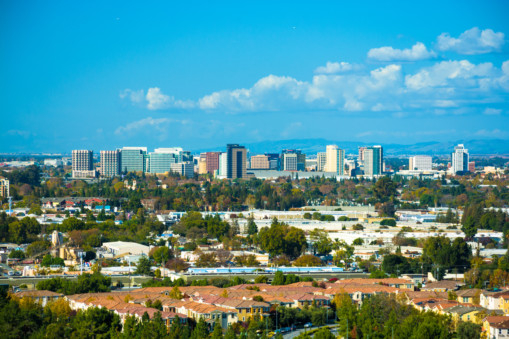
Between 1935 and 1975, Will and Ariel Durant published a series of volumes that together were known as ‘The Story of Civilisation’. They basically told human history (mostly western history) as an accumulation of great ideas and innovations, from the Egyptians, through Athens, Magna Carta, the Age of Faith, the Renaissance and the Declaration of the Rights of Man. The series was phenomenally successful, selling more than two million copies.
That series encapsulated the western civilisation narrative that people, at least in Europe and North America, used for most of the past few centuries to explain their place in the world and in time. This narrative was confidently progressive. There were certain great figures, like Socrates, Erasmus, Montesquieu and Rousseau, who helped fitfully propel the nations to higher reaches of the humanistic ideal.
This western civilisation narrative came with certain values — about the importance of reasoned discourse, the importance of property rights, the need for a public square that was religiously informed but not theocratically dominated. It set a standard for what great statesmanship looked like. It gave diverse people a sense of shared mission and a common vocabulary, set a framework within which political argument could happen and most important provided a set of common goals.
Starting decades ago, many people, especially in the universities, lost faith in the western civilisation narrative. They stopped teaching it, and the great cultural transmission belt broke. Now many students, if they encounter it, are taught that western civilisation is a history of oppression.
It’s amazing what far-reaching effects this has had. It is as if a prevailing wind, which powered all the ships at sea, had suddenly ceased to blow. Now various scattered enemies of those western values have emerged, and there is apparently nobody to defend them.
The rise of the illiberals
The first consequence has been the rise of the illiberals, authoritarians who not only don’t believe in the democratic values of the western civilisation narrative, but don’t even pretend to believe in them, as former dictators did.
Over the past few years especially, we have entered the age of strong men. We are leaving the age of Barack Obama, David Cameron and Angela Merkel and entering the age of Vladimir Putin, Recep Tayyip Erdogan, Abdul Fattah Al Sissi, Xi Jinping, Kim Jong-un and Donald Trump.
The events last week in Turkey were just another part of the trend. Erdogan dismantles democratic institutions and replaces them with majoritarian dictatorship. Turkey seems to have lost its desire to join the European idea, which no longer has magnetism and allure. Turkey seems to have lost its aspiration to join the community of democracies because that’s no longer the inevitable future.
More and more governments, including the Trump administration, begin to look like premodern mafia states, run by family-based commercial clans. Meanwhile, institutionalised, party-based authoritarian regimes, like in China or Russia, are turning into premodern cults of personality/Maximum Leader regimes, which are far more unstable and dangerous.
Collapse of the centre
Then there has been the collapse of the centre. For decades, centre-left and centre-right parties clustered around similar versions of democratic capitalism that western civilisation seemed to point to. But many of those centrist parties, like the British and Dutch Labour Parties, are in near collapse. Fringe parties rise.
In France, the hard-right Marine Le Pen will be one of the final two candidates in the presidential runoff in May. Le Pen has anti-liberal views about national purity.
With Le Pen in the finals, then the European Union and Nato, the two great liberal institutions of modern Europe, will go into immediate crisis.
Finally, there has been the collapse of liberal values at home. On American campuses, fragile thugs who call themselves students shout down and abuse speakers on a weekly basis. To read Heather MacDonald’s account of being pilloried at Claremont McKenna College is to enter a world of chilling intolerance.
In America, the basic fabric of civic self-government seems to be eroding following the loss of faith in democratic ideals. According to a study published in The Journal of Democracy, the share of young Americans who say it is absolutely important to live in a democratic country has dropped from 91 per cent in the 1930s to 57 per cent today.
While running for office, Trump violated every norm of statesmanship built up over these many centuries, and it turned out many people didn’t notice or didn’t care.
The faith in the West collapsed from within. It’s amazing how slow people have been to rise to defend it.
There have been a few lonely voices. Andrew Michta laments the loss of western confidence in an essay in The American Interest. Edward Luce offers a response in his forthcoming book ‘The Retreat of Western Liberalism’. But liberalism has been docile in defence of itself.
These days, the whole idea of western civilisation is assumed to be reactionary and oppressive. All I can say is, if you think that was reactionary and oppressive, wait until you get a load of the world that comes after it.
— New York Times News Service
David Brooks is the author of The Road to Character. He also teaches at Yale University and is a member of the American Academy of Arts and Sciences.








